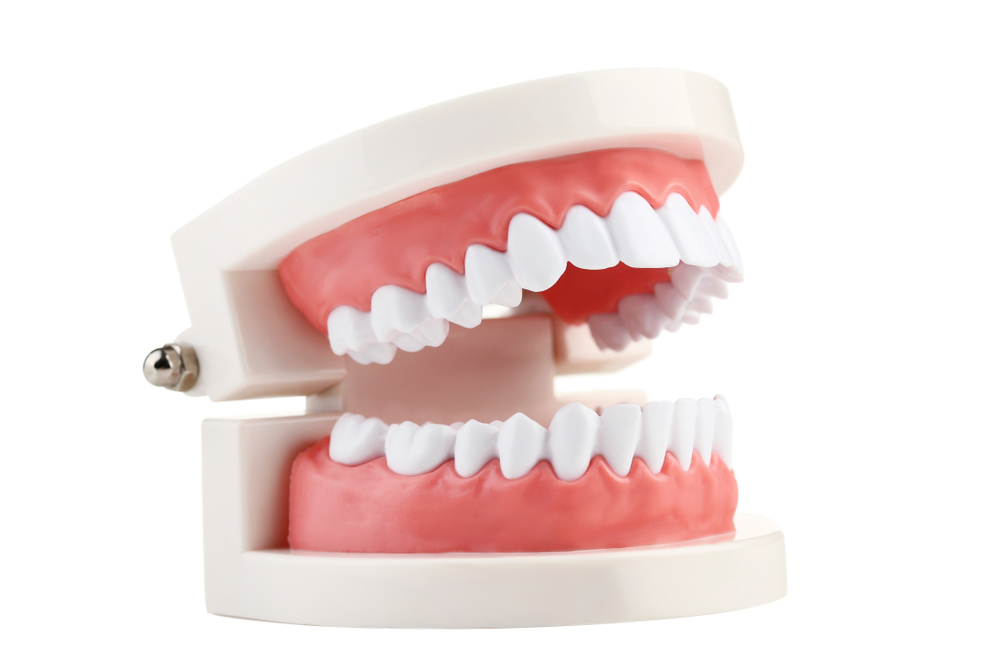Malocclusion. It’s quite a mouthful – both literally and figuratively. But what is malocclusion, and why is it so dangerous to leave untreated? Malocclusion is the word we use to describe the misalignment of the teeth when your jaw is closed. It may not seem like that serious of a problem, but even a bite that’s misaligned by a few millimeters can cause a world of problems for your oral health. Here’s why malocclusions are so dangerous, and what you can do to correct them.
Underbite, Overbite and Crossbite
To be clear, not all malocclusions are harmful. Many people have a slight overbite, underbite or crossbite and may never experience any pain or discomfort from it. Some people don’t mind how it looks on a cosmetic level, either, but for those who do there are cosmetic orthodontic options for correcting all types of bites.
For some, however, these misaligned bites can cause problems with chewing, and when the teeth meet it can cause chips and cracks in the enamel. Orthodontics can also help with realigning teeth to stop this type of damage, but full-mouth reconstruction or cosmetic dentistry may be required to repair any damage caused to the teeth themselves.
Jaw Pain
Another problem malocclusions may cause is jaw pain. That’s because, if left as is, malocclusions can cause the painful condition temporomandibular joint disorder (TMJD), which occurs when the lower jaw joints become misaligned. Temporomandibular joint disorder causes jaw stiffness, upper-body muscle aches, tinnitus (ringing in the ears) and headaches, just to name a few symptoms. Thankfully, neuromuscular orthodontics can help correct TMJ disorder.
Speech Impediment
Another condition many don’t realize can be caused by malocclusion is a speech impediment or lisp. Studies have shown that people with malocclusion often have trouble pronouncing “z” or “s” words, and the worse their bite or malocclusion, the more severe their speech impediment.
Bruxism
Bruxism, or teeth grinding, is another problem that could be caused by malocclusion. When the bite is improperly aligned, the teeth may be more likely to meet at such an angle that encourages grinding – and you may not even realize you’re doing it. Many people grind their teeth during the night and wake to stiff jaws and headaches without knowing why. If this sounds familiar, contact Dr. George to be evaluated.
Much like the chips and fractures that occur from the teeth making impact at a misaligned angle, bruxism can cause similar chips and cracks in the enamel, so even if your jaw isn’t experiencing any negative symptoms you owe it to your teeth to try and stop. Often this can be corrected easily by purchasing a custom bite guard.
As you can see there are options to treating all kinds of malocclusions. If you are ready to treat your own misaligned bite, contact Dr. George’s office for a consultation by calling 724-220-2347.


